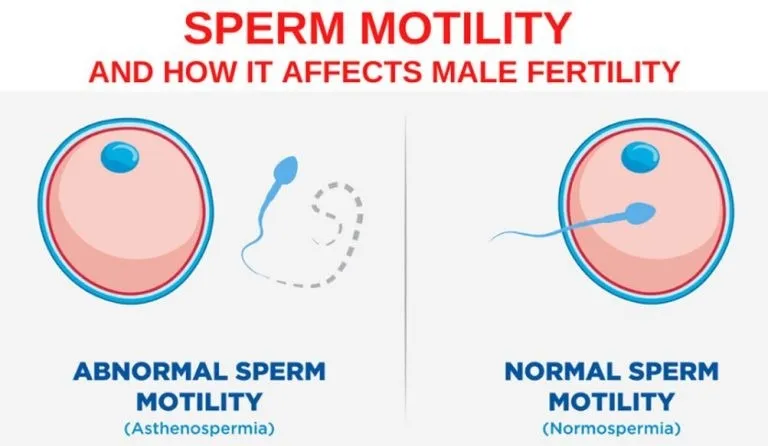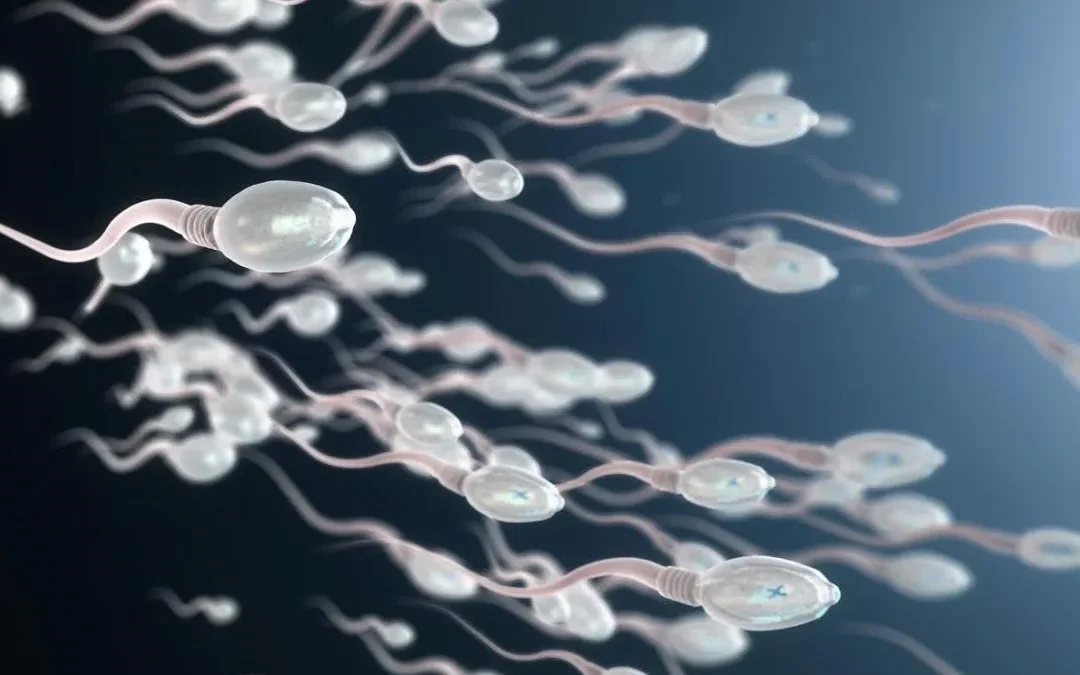Healthy sperm are not every time a given. Learn how lifestyle in the city can affect your sperm and things you can do to enhance your fertility.
If you and your partner are trying a pregnancy, you may think about your sperm’s health. Know the elements that affect male fertility. Then take steps to help your sperm reach your goal.
So, let us understand what determines your sperm health.
What determines sperm health?
Sperm health depends on several elements, involving movement, quantity, and structure:
Quantity
You are going to become fertile if you ejaculate. The discharged semen in a single ejaculation — has a minimum of 15 million sperm per millilitre. Very few sperm in the ejaculation can make it up to egg and make you pregnant.
Movement
Sperm should move — swim and wriggle through a woman’s cervix, uterus, and fallopian tubes. This is called motility. You are likely to become fertile if a minimum of sixty percent of your sperm is moving
Structure (morphology)
Normal sperm contains oval heads and long tails, which function together to propel them. While it is not as significant a factor as sperm movement or quantity, the extra sperm you have with a proper shape and structure, the more likely you become fertile.
Now that you know what determines your sperm health let us understand what causes male infertility.
What causes male fertility problems?

Several medical problems can bring male fertility issues, involving:
- An issue in the pituitary or hypothalamus gland. It is an area of the brain that signal the testicles to create testosterone and sperm.
- Testicular disease
- Sperm transport disorders
- Age also has a role. The sperm’s ability to move and the normal sperm’s proportion tend to reduce with age, affecting fertility, particularly after age 50.
What is the best way to produce healthy sperm?
You can take easy steps to raise your chances of creating healthy sperm. For instance:
- Maintain a healthy weight: Few types of research indicate that increasing body mass index (BMI) is associated with reducing sperm movement and sperm count.
- Eat a healthy diet: Choose several vegetables and fruits, which are high in antioxidants and may help enhance sperm health.
- Prevent sexually transmitted infections (STIs): Sexually transmitted diseases — like gonorrhoea and chlamydia — can bring infertility in men. To protect yourself, restrict your number of sexual partners and utilize a condom every time you have sex. Be in a mutually monogamous relationship with a person who is not infected.
- Manage stress: Stress can reduce sexual work and interfere with the hormones required to create sperm.
- Get moving: Moderate physical exercise can increase levels of powerful antioxidant enzymes; this can help protect sperm.
Now that you can adopt to have more healthy sperms, let us understand what you must avoid.
What is off-limits?
Sperm can be particularly vulnerable to environmental elements, like exposure to excessive toxic or heat chemicals. To protect your fertility:
- Don’t smoke
Men smoking cigarettes are likely to have fewer sperm counts. If you smoke, consult your specialist.
- Limit alcohol
Heavy drinking can progress to decreased testosterone production, impotence, and reduced sperm production. If you drink alcohol, do so within a limit.
- Avoid lubricants during sex
While more research is required on the lubricant effects on fertility, consider preventing lubricants during intercourse. If needed, try using baby oil, egg white, canola oil, or a fertility-friendly lubricant, like Pre-Seed.
- Talk to your doctor about medications
Tricyclic antidepressants, calcium channel blockers, anti-androgens, and other medicines can lead to fertility problems. Anabolic steroids can have a similar effect.
- Watch out for toxins
Pesticide exposure, lead, and other toxins can affect sperm quality and quantity. If you should work with toxins, do so safely. For instance, wear protective clothing and tools, and prevent skin contact with chemicals.
- Stay cool
Raised scrotal temperature can hamper sperm production. Although the benefits have not been completely proved, wearing loose-fitting underwear, decreasing sitting, preventing saunas and hot tubs, and restricting scrotum exposure to warm objects, like a laptop, may enhance sperm quality.
Radiation and chemotherapy for cancer can damage sperm production and cause infertility that may be permanent. Consult your IVF doctor in Ahmedabad regarding the possibility of retrieving and storing sperm prior to cancer treatment.
You may have adopted all the steps mentioned above but are still not achieving pregnancy. In such cases, it is time to seek the help of an infertility specialist.
When is it time to seek help?
Having healthy lifestyle practices to encourage your fertility — and preventing things that can impair it — can enhance your conceiving chances. If you and your partner have not become pregnant after a year of unprotected sex, you can consider being evaluated for infertility.
An Infertility doctor may identify the cause of the problem. They may suggest IUI or IVF treatment in Ahmedabad. So, you and your partner can achieve parenthood.
Embryo Culture
Your doctor will observe the fertilized eggs to ensure that they’re dividing and growing. After this, the embryos may go through genetic testing.
Transfer
In 3-5 days after fertilization, these embryos will have grown large enough to be implanted. For implantation, your doctor will place a small tube called a catheter into your vagina, through your cervix, and into your uterus. The embryo would subsequently be implanted into your uterus.
After the embryo attaches itself into your uterus, pregnancy will develop in 6 to 10 days. Your doctor can use a blood test to determine if you are pregnant.
Complications in an IVF Treatment
Even though IVF is a miracle treatment for infertile couples, it does have complications:
- Miscarriage
- Risk of multiple pregnancies, leading to premature birth and low birth weight
- Ectopic pregnancy (eggs implant outside the uterus)
- Ovarian hyperstimulation syndrome (OHSS), a rare condition of an excess of fluid in the chest and abdomen
- Infection, bleeding, or damage to the bowels or bladder ( very rare)
Deciding to go for an IVF treatment no matter your first attempt or second is a complicated decision. The financial, physical, and emotional weight of this treatment might come out as difficult for you.
Before deciding anything speak with your IVF specialist thoroughly to find out if in vitro fertilization is the right choice for you and your family. Also, join a support group or counsellor to assist you and your partner through this treatment.


